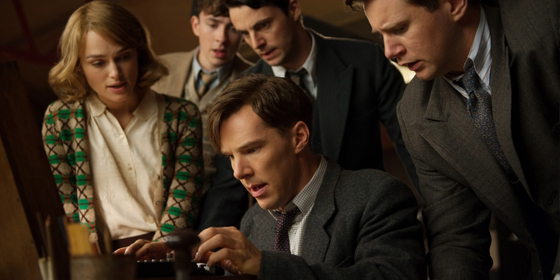A riveting portrayal of a young British soldier on the run in early 70s Belfast provides the backdrop for this stunning feature debut from director Yann Demange.
When a young English soldier (Jack O’Connell) is sent to the streets of Belfast in 1971, he is quickly plunged into a nightmarish fight for survival in a city that has erupted along sectarian lines.
Left wounded and stranded by his regiment, he encounters various characters: a young streetwise boy (Corey McKinley); a Catholic (Richard Dormer) and his daughter (Charlie Murphy); two contrasting IRA members (David Wilmot and Killian Scott); and some shady British army agents (Sean Harris and Paul Anderson).
After some preliminary scenes which sketch out the protagonist in his home town, we are soon introduced to the bitter and dangerous streets of the time.
Straightaway the film does something clever, with DP Tat Radcliffe employing a grainy 16mm newsreel look for the daytime sequences and gradually shifting towards a digital palette for the night, which allows us to see more of the unfolding horror.
It is also blessed with some terrific widescreen framing, reminiscent of John Carpenter at his best, which elevate the film far above the usual bland visuals that often plague British films like a virus.
Gregory Burke’s screenplay intelligently weaves a story of survival within a powerful, almost one act structure, with some dark underlying issues which still resonate today.
The cast who help bring this to life are equally impressive: O’Connell in the demanding lead role will inevitably take the lions-share of the plaudits, but supporting cast also shine in what could easily be cliched roles.
Demange, French-born but British-based, this is an audacious leap from TV into feature films and comparisons will inevitably be made with Paul Greengrass, who was also propelled into the mainstream after his TV movie Bloody Sunday (2002).
You could also make career comparisons with director Steve McQueen, whose feature career launchpad was with Hunger (2008), a searing drama set around the Maze prison in the early 80s.
It is interesting that such difficult and controversial events have provided fertile ground for more recent film-makers, when it had previously proved such a minefield, with disastrous films like A Prayer for the Dying (1987) and The Devil’s Own (1997) being prime examples. But over time, things changed.
Gone were the tone deaf, ham-fisted efforts and in their place were works of greater style and substance: Greengrass used a documentary style to depict the seismic events of January 30th, 1972; McQueen realised the horrors of the 1981 hunger strike with a chilling simplicity.
Now Demange has added to this modern tradition, with a film that functions as a gripping thriller but also is an unsentimental reminder of the senseless brutality of warfare.
’71 played at the London Film Festival on October 9th and 10th
> LFF official site
> Facebook page for ’71
> Read more about The Troubles at Wikipedia

